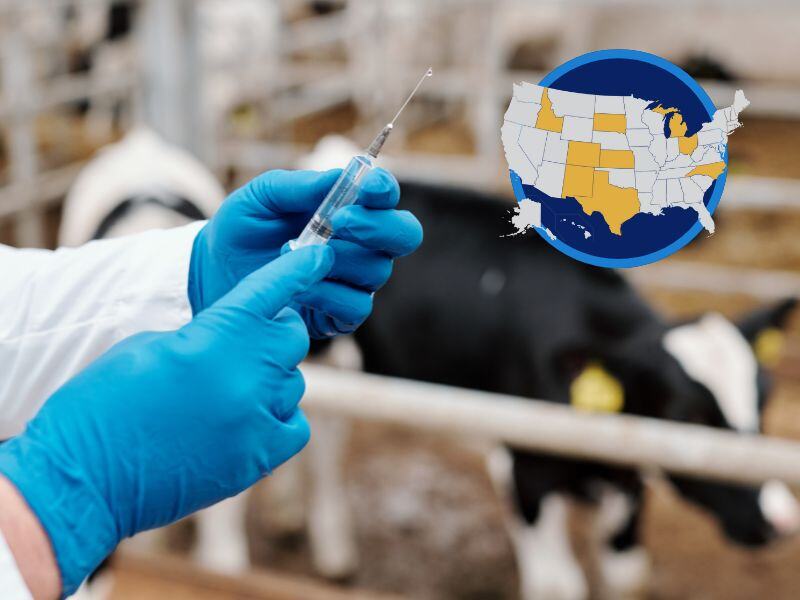Monkeypox Cases in UK Begin to Plateau

It is good news at last for the latest monkeypox reports this week as the UK government announces early signs that the outbreak is beginning to plateau. According to new figures published by the UK Health Security Agency (UKHSA), the growth of infection rates is starting to level off.
The organisation said that 2,859 cases of the virus have been reported and confirmed in the UK. Analysis shows that transmission of the current outbreak continues to occur between gay and bisexual networks and men who have sex with other men.
According to the UKHSA, the median age of confirmed monkeypox cases in the UK is 37 years old, and in England, Londoners account for 73% of all recorded cases.
- US Doubles its Supply of Monkeypox Vaccines
- European Approval for Monkeypox Vaccine
- Polio Resurgence Hits UK for the First Time in Nearly 40 Years
So far, only 22 cases in women have been identified, whilst 99% of all UK cases are male. Due to the small percentage of female cases, there is not enough evidence to suggest there is sustained transmission outside of interconnected sexual networks, the UKHSA disclaim.
“While the most recent data suggests the growth of the outbreak has slowed, we cannot be complacent. Be vigilant of and check yourself for monkeypox symptoms, including rashes and blisters”, Dr Meera Chand, Director of Clinical and Emerging Infections at the UKHSA, announced.
“If you are concerned that you may have monkeypox symptoms, take a break from events, meeting with friends or having sexual contact. Instead, stay at home and contact 111 or your local sexual health service for advice.
“The smallpox vaccine is being offered to individuals at higher risk of coming into contact with monkeypox in order to offer them protection and to reduce the spread of disease”.
"While the most recent data suggests the growth of the outbreak has slowed, we cannot be complacent."
The UKHSA recommend that gay, bisexual, and other men who have sex with men to protect themselves with the smallpox vaccine, which also helps to protect against monkeypox. Healthcare workers caring for patients with the infection should likewise seek inoculation, along with anyone who has already come in contact with a confirmed case.
In the latter instance, a single dose of the vaccine should be administered as soon as possible. Ideally, this should take place within four days, but can sometimes take up to 14 days.
The UKHSA continues to publish regular technical briefings as the outbreak continues. For more information, visit https://www.gov.uk/health-and-social-care/health-protection-infectious-diseases.
Join Oxford Global’s 2023 Biologics UK: In-Person event today. Happening in March, this 3-day conference brings together a panel of prominent leaders and scientists, sharing new case studies, innovative data, and exciting industry outlooks.









